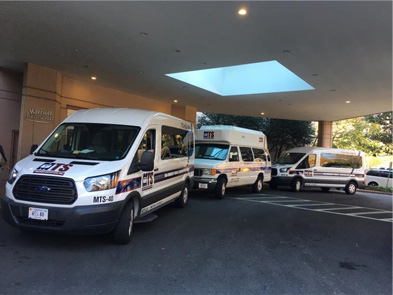

The Surgeons Overseas Assessment of Surgical need (SOSAS) tool was used by trained personnel to collect data during the months of July and August 2016.Īnalysis of data from 1479 households and 2958 interviewees was by univariate and multivariate methods. Two persons per household were interviewed.

55 settlements per district were randomly selected for data collection, and 2–4 households were selected, depending on the size. Malawi has an estimated population of nearly 18 million people, with a total of 48,233 registered settlements spread over 28 administrative districts. This was a multi-stage, clustered, probability sampling with systematic sampling of households for transportation access to general health and surgical care. This study aimed to describe the main transportation factors affecting access and delay in reaching a facility for health care in Malawi. Both availability and affordability of transport can be issues delaying access to health care. One of the barriers to healthcare in LMICs is access to transport to a healthcare facility. This access gap disproportionately affects low-and middle-income countries (LMICs). It is estimated that nearly five billion people worldwide do not have access to safe surgery.


 0 kommentar(er)
0 kommentar(er)
